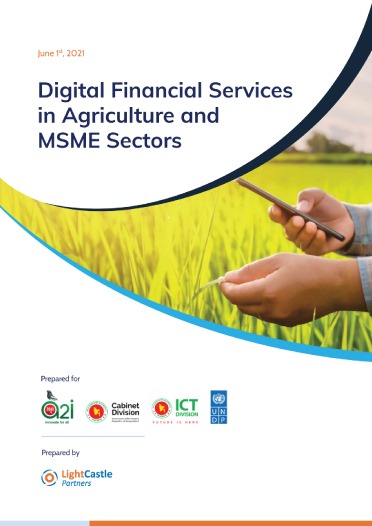GET IN TOUCH
- Please wait...

Covid-19-induced economic distress has added to existing problems such as deprivation of access to finance, non-tailored financial products, absence of capacity development, poor market linkage, absence of skilled labor, and lack of an export market. This has created an impact among the SMEs in Bangladesh.
According to the Asian Development Bank (RRP Sector Assessment, ADB):
Indeed the SMEs are the bloodline of our economy and ensuring that this blood flows freely will keep our economy on a growth trajectory; whereas hurdles of SMEs in terms of missing paperwork, access to risk capital, and insufficient capacity development are major blood clots.
SME Financing; here the devil lies in the details as traditional financial mechanisms and products require banking transactions, credit rating, liaison with banks, rapport with the bank or NBFI loan officials, properly managed books, and annual financial statements; along with these, there is an exhaustive list of licenses, registration documents, VAT Identification Number, TAX Identification Number, clearance certificates, so on and so forth. Sadly, most SMEs fail to pass the basic hygiene factors of being eligible for a traditional loan from a bank or an NBFI even though they are great entrepreneurs with growing enterprises.
SMEs do not always have monthly cash cycles and payback periods, a large sum of them are dependent on seasonal sales and credit sales where the cash flow returns to the business which is not parallel to the 30-day installment period of traditional financing schemes. At the same time, micro-small and medium entrepreneurs in Bangladesh with growth prospects struggle to get financing in Bangladesh, despite innovative products and solutions and verifiable cash flow. There is a ‘missing middle’ between microfinance, which typically lends up to BDT 200,000 at exorbitantly high-interest rates! and is only then reserved for a tiny sliver of members; and bank capital, which is only interested in financing at amounts of BDT 350,000 or higher.
SMEs getting finances from traditional financial institutions and banks or be it microcredit financial institutes do it out of their sheer need and impulse but many times lack proper financial planning and fund allocation strategy. Undue capital raised will turn into a sore wound and bleed the enterprise from its valuable time, effort and resources. Proper planning and strategizing for future business operations and expansion is key to keeping the business afloat. It is essential that growth stage enterprises be guided to the right trajectory both in terms of capacity building and financial planning for making the most out of their raised capital.
 |
To learn more about the Digital Financial Services in Agriculture and
MSME Sectors of Bangladesh
|
Our experts can help you solve your unique challenges
Stay up-to-date with our Thought Leadership and Insights